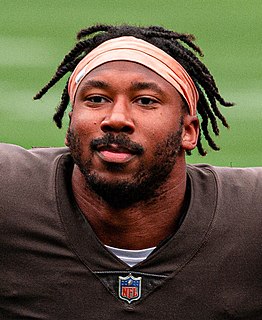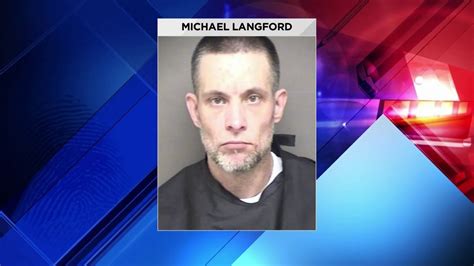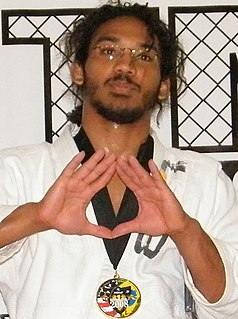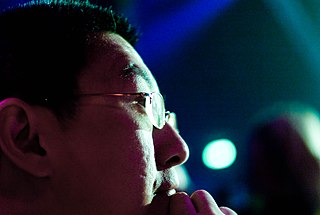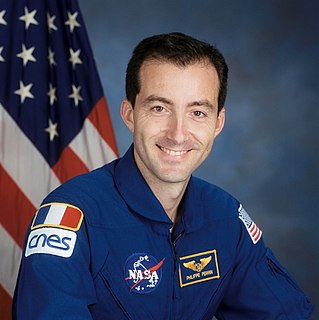A Quote by Myles Garrett
I want to be a paleontologist, whether it's amateur or professional. And I want to be a humanitarian.
Quote Topics
Related Quotes
As an amateur, you may envy the professional, wishing you could combine business with pleasure into a kind of full-time hobby, using professional equipment and facilities. However, the professional knows that much of the hidden advantage of being amateur is the freedom you have to shoot what and when you like.
The humanitarian wishes to be a prime mover in the lives of others. He cannot admit either the divine or the natural order, by which men have the power to help themselves. The humanitarian puts himself in the place of God.
But he is confronted by two awkward facts; first, that the competent do not need his assistance; and second, that the majority of people positively do not want to be "done good" by the humanitarian. Of course, what the humanitarian actually proposes is that he shall do what he thinks is good for everybody. It is at this point that the humanitarian sets up the guillotine.
There will be this mix of people like me who write for major national newspapers and amateur critics, practitioner critics, whose primary way of distributing what they talk about is through blogs and on the web. The line between professional and amateur criticism will become increasingly blurred. The problem here is that if you want to do this for a living, you have to be able to earn a living doing it.
It's very hard to just have a pure form like a Hulu or a YouTube to be successful in China because our view is, users come to a platform; they really don't care whether it is professional or whether it's a user-generated, or it's premium, you see. They want to come to a big database to be able to find the content they want.
The difference between an amateur and a professional photographer is that the amateur thinks the camera does the work. And they treat the camera with a certain amount of reverence. It is all about the kind of lens you choose, the kind of film stock you use… exactly the sort of perfection of the camera. Whereas, the professional the real professional – treats the camera with unutterable disdain. They pick up the camera and sling it aside. Because they know it’s the eye and the brain that count, not the mechanism that gets between them and the subject that counts.
